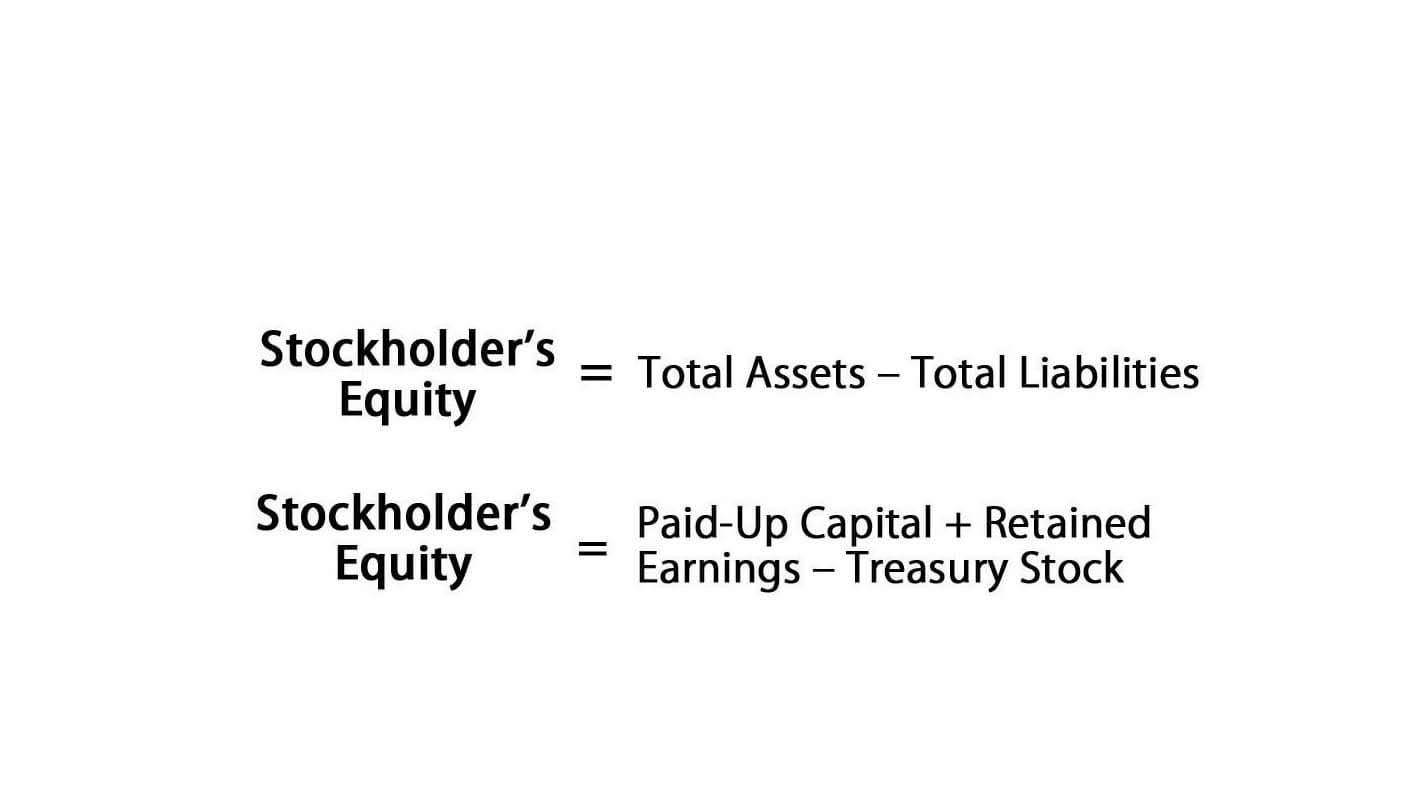Types of Bookkeeping System Objectives and Methods

Governmental accountants act as stewards, meticulously tracking and reporting how tax dollars are allocated and spent. Petty payroll cash is a small amount of money that your business uses for different purposes throughout the day. This could be as simple as buying doughnuts for your office or grabbing lunch during an impromptu meeting.
- It envelopes all the procedural aspects of accounting work and embraces record-keeping function.
- Governmental accountants act as stewards, meticulously tracking and reporting how tax dollars are allocated and spent.
- Marginal cost accounting refers to the increase or decrease in the cost of producing one more unit or serving one more customer.
- Accurate cost accounting ensures you’re paying attention to your offerings and helps identify areas for potential cost savings, boosting your overall profitability.
- They manage the daily finances so you can see the big picture and focus more on running and growing your business.
What are Different Types Of Accounting?

Without bookkeeping, accountants would be unable to successfully provide business QuickBooks Accountant owners with the insight they need to make informed financial decisions. The double-entry system of bookkeeping is common in accounting software programs like QuickBooks. With this method, bookkeepers record transactions under expense or income. Then they create a second entry to classify the transaction on the appropriate account.
Revenue recognition principle

We recommend verifying with the source to confirm the most up to date information. This is a person who has many of the same responsibilities as a regular/general bookkeeper. The few differences are that they have to prepare financial statements, and in most cases handle payroll.
- This blog will delve into the fundamentals of bookkeeping, its types, and its essential elements.
- This system is suitable for larger businesses with more transactions.
- These factors will help you pick the best bookkeeping method for your needs.
- The actual cash does not have to enter or exit for the transaction to be recorded.
- If your business is growing toward the $26 million threshold where accrual becomes mandatory, hybrid accounting creates a smoother transition path.
- Standard reports like balance sheets, profit and loss statements, and cash flow statements are key.
Accrual Basis Bookkeeping:
Find out what bookkeepers do, and get an intro to double-entry bookkeeping. You should consult your own professional advisors for advice directly relating to your business or before taking action in relation to any of the content provided. This might be the small business owner, their spouse, partner or family member. Or it may be someone with another role in the business who ends up working on the accounts by default. They’re doing the basic tasks of data entry, bank reconciliation, invoicing, payments, and filing the paperwork for the accountant. Our solution has the ability to record transactions, which will be automatically posted into the ERP, automating 70% of your account reconciliation process.
Bookkeeping involves the recording, on a regular basis, of a company’s financial transactions. With proper bookkeeping, companies are able to track all information on its books to make key operating, investing, and financing decisions. For businesses, financial accounting provides a clear record of financial types of bookkeeping activities, enabling performance tracking and strategic decision-making. For external stakeholders, it offers transparency and accountability, fostering trust and confidence in the company’s financial health. By leveraging financial accounting, businesses can effectively communicate their financial status, attract investment, and comply with regulatory requirements, ensuring sustained growth and stability.
- Auditing is the process of examining an organization’s financial statements and related operations to ensure accuracy, compliance, and integrity.
- Furthermore, the longer you use an inappropriate accounting method, the more expensive it becomes to correct.
- In single-entry bookkeeping, transactions are recorded in a cash book or a journal.
- Unlike accrual accounting, you never pay income tax on money you haven’t received yet.
- This is to help them comply with these standard accounting principles.
Limitations of Accrual Accounting Method
- Choose poorly, and you could pay thousands more in taxes than necessary.
- Businesses benefit from financial accounting by gaining accurate insights into their financial health at regular points in time, which they can share with investors and regulatory bodies.
- There are the 3 main types of bookkeepers so you can find the best one for your business.
- Apart from this, several other MIS reports as and when required are also prepared.
- Accrual-base bookkeeping records income and expenses when they are earn or incur, not when cash changes hands.
Still, if you have the discipline to maintain your books consistently and the business is relatively small, doing your bookkeeping might be manageable. This growth highlights how businesses worldwide recognize the importance of professional financial support, not just for compliance, but as a core driver of operational success. These reports offer insight into business performance, showing whether you’re operating at a profit, how much debt you have, and where your cash is going. Consistent reporting supports better budgeting, forecasting, and strategic planning. Secondly, the accounting method that serves you perfectly as a startup might become a liability as you scale. So, you need to plan where your business is headed, not just where it stands today.

These bookkeepers work in a business doing the full spectrum of bookkeeping duties. The full-charge bookkeeper often reports directly to the owner (or management) and they may work with an external accountant to deliver all of the business’s accounting needs. Careers in accounting include auditors, tax specialists, forensic accountants, management accountants, financial analysts, budget analysts, and public accountants. Each career path offers unique opportunities to specialize in different areas of financial management and reporting. Accounting software can be categorized into desktop-based, cloud-based, and enterprise-level solutions. These tools offer features like invoicing, expense tracking, payroll processing, and financial reporting, catering to businesses of all sizes for efficient financial management.




